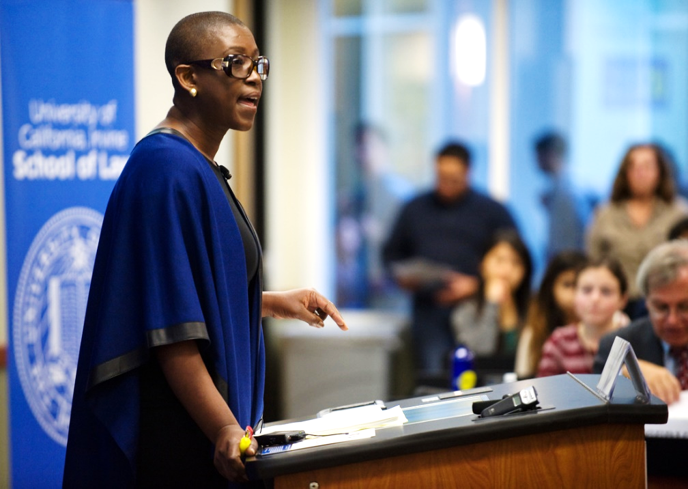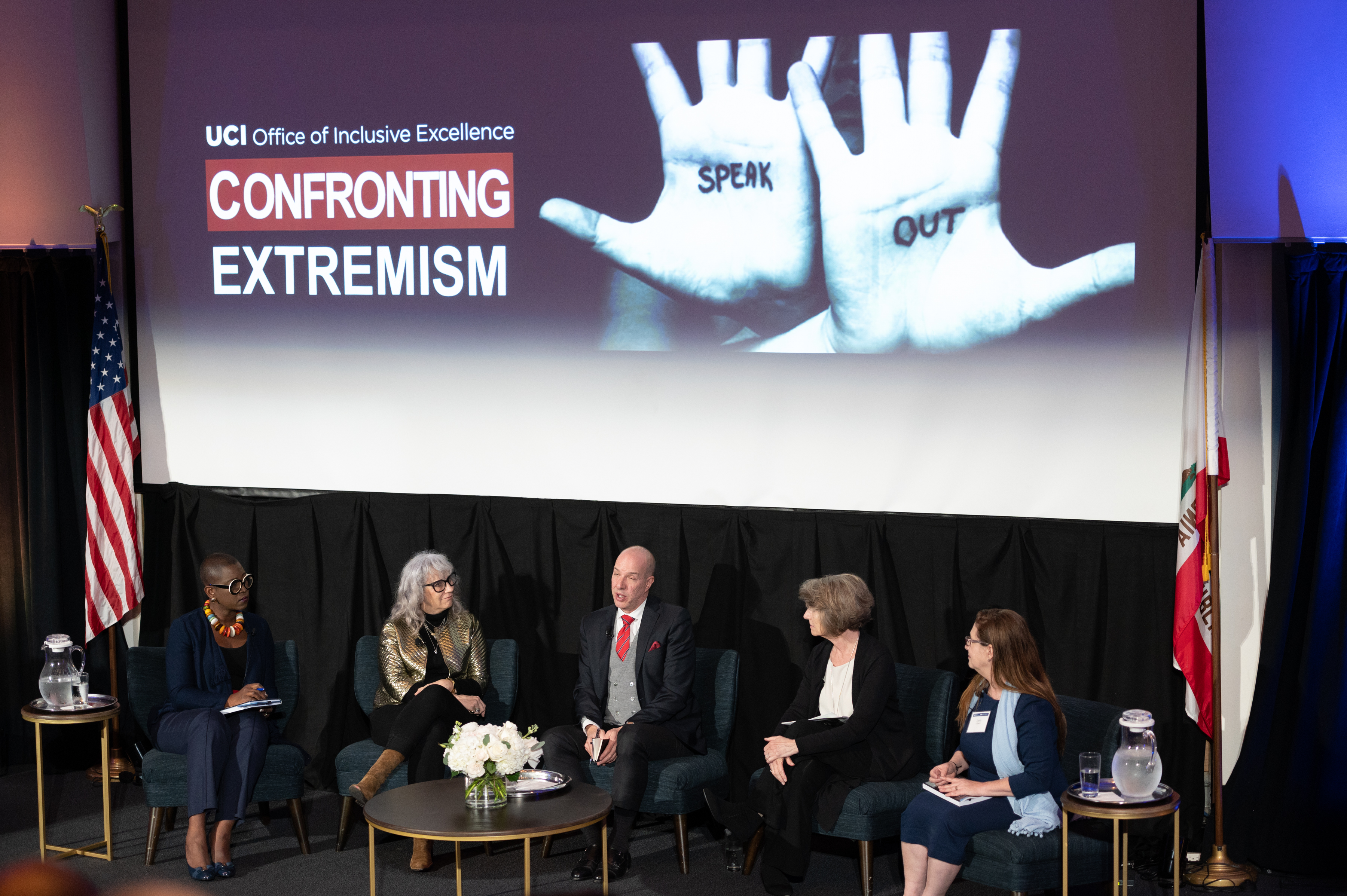Antiracism, Inclusion, and Global Equality
“Of all the forms of inequality, injustice in health is the most shocking and the most inhuman because it often results in physical death.” Dr. Martin Luther King, Jr.

The Initiative on Antiracism, Inclusion, and Global Equality (AIGE) builds on five targeted years of programming at state, national, and international levels. We are committed to addressing structural racism, inequality, underrepresentation, and foundational impediments to human flourishing and development. The work of the Initiative is to forge transformative pathways for engagement, understanding, and research that lead to meaningful policy and social change.
On any given day in the United States, disparities in the quality of health care and health outcomes people of color in comparison to their white counterparts are evidenced in hospitals and clinics. These disparities are not fully explained by differences in patient education, income, insurance status, expressed preference for treatments, and severity of disease. Compelling research indicates that, even for African Americans with uncompromised access to health care services, disparities persist in diagnostic screening, general medical care, mental health diagnosis and treatment, pain management, HIV-related care, and treatments for cancer, heart disease, diabetes, and kidney disease. When evidence confirms systematic disparities in health outcomes for particular demographic groups that are not attributable to (or caused by) income, health status, education level, or insurance status, implicit and explicit biases may be a significant factor driving these disparities. We explore whether these disparities may also explained by the lingering effects of trauma.
At the AIGE Intiative, we study the social determinants of health and the effects of biases such as racism, colonialism, sexism, homophobia, and xenophobia on physical and mental health and the costs associated inequality in healthcare. Through our research, collaborations, engagement with civil society, the private sector, and government we hope to forge greater awareness and create sustained interventions for the betterment of health and human development.

- Michele Goodwin, Triggers and Trauma: The Hidden Health Effects of Racism [Part III, Who Killed George Floyd?], Ms. Magazine (May 3, 2021).
- Michele Goodwin, Policing In America: A Deadly Disease Rooted in Slavery [Who Killed George Floyd? Part II], Ms. Magazine (April 20, 2021).
- Ms Magazine Podcast On the Issues with Michele Goodwin: Who Killed George Floyd? (with Dr. Patricia Jones Blessman, Tasha Green Cruzat, T. Mychael Rambo, Roderick Ferguson, Pamela Alexander and Dr. George Woods) (April 19, 2021).
- Inaugural California Judges Association Forum on Achieving Equal Justice For All in the 21st Century (April 17, 2021).
- Michele Goodwin, Who Killed George Floyd? Hidden Truths About Midwestern Racism, Ms. Magazine (April 13, 2021).
- Advancing Women's Equality: Race, Sex, and Policing in America (February 8, 2021).
- Advancing Women's Equality: Women, Mass Incarceration, and Criminal Justice (January 13, 2021).
- The Appeal & Now This: Ending Legalized Slavery In U.S. Prisons (October 7, 2020).
- Ms Magazine Podcast On the Issues with Michele Goodwin: Policing in America: A Tale of Race, Sex and Violence (with L. Song Richardson, Anne Li Kringen, Laura Goodman and Deirdre Fishel) (June 29, 2020).
- A Conversation on Protecting Civil Rights and Civil Liberties in Times of Political Crisis (March 5, 2020).
The CBGHP and American Constitution Society (ACS) collaborated to host an important three-part series, Elevating and Engaging with Black Lives, to forge a different and better conversation about the role, place, and function of law in promoting equality and safeguarding constitutional rights, and to continue to center the experiences, perspectives, and stories of Black lives.
- PART I: Elevating and Engaging with Black Lives on Law School Campuses (Part I). Tezira Abe, Professor Guy-Uriel Charles, Dean Danielle Holley-Walker, and Professor Patricia Williams joined Dr. Goodwin for a critical conversation in response to the tragic killings of Ahmaud Arbery, Breonna Taylor, and George Floyd to dicuss the impacts and effects on law school campuses and Black lives.
- PART II: Elevating and Engaging with Black Lives on Law School Campuses (Part II). Christopher Williams, Dean Danielle M. Conway, Professor Jody Amour, and Professor Tracey L. Meares joined Dr. Goodwin to dicuss the need for a better aligned curriculum that takes seriously law's engagement with Black lives. Guests discussed the urgent need for greater equity, diversity, inclusion, and belonging (EDIB) at America's law schools, including better recruitment and retention of Black faculty and students.
- PART III: Elevating and Engaging Black Judges. As Black Americans are more likely to be targetted for surveillance, police stops, and arrests, the legal system plays a crucial role in the lives of Black Americans. This session provided an intimate look at the roles of Black judges in the American legal system and served as an important platform for addressing diverity in the judicary and the need for more Black Judges. Joining Dr. Goodwin were Hon. Bernice Donald, Hon. Cenceria Edwards, Hon. George J. Hazel, and Hon. G. Helen Whitener.
